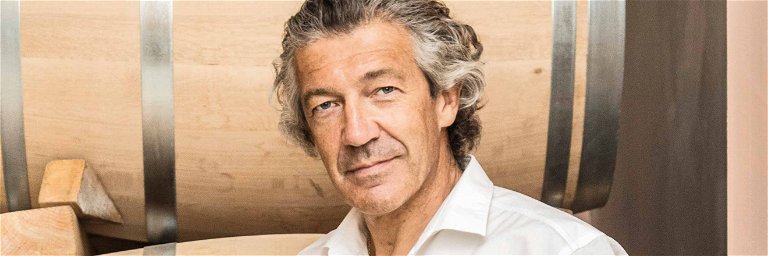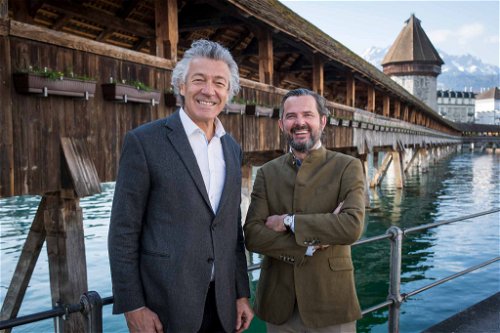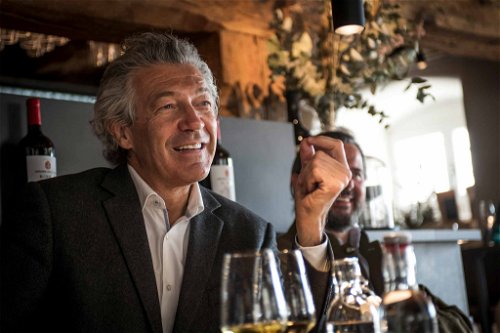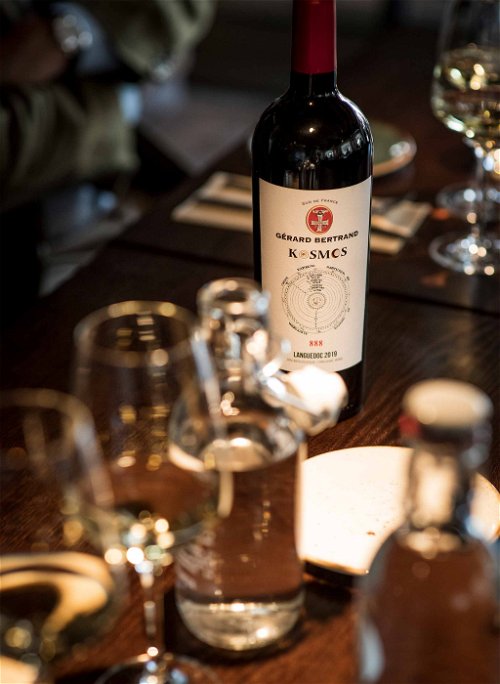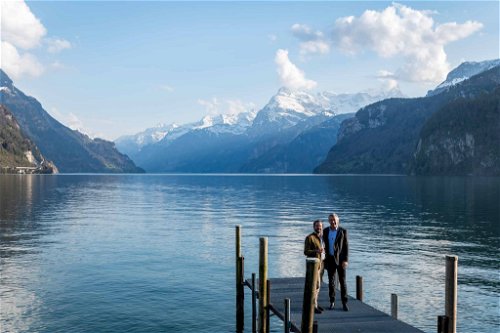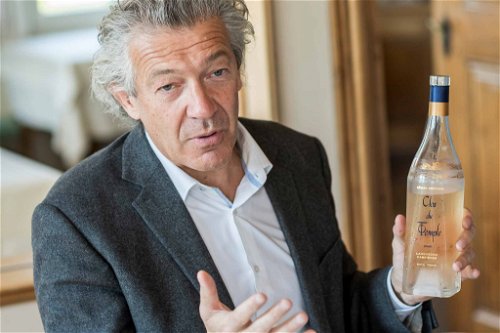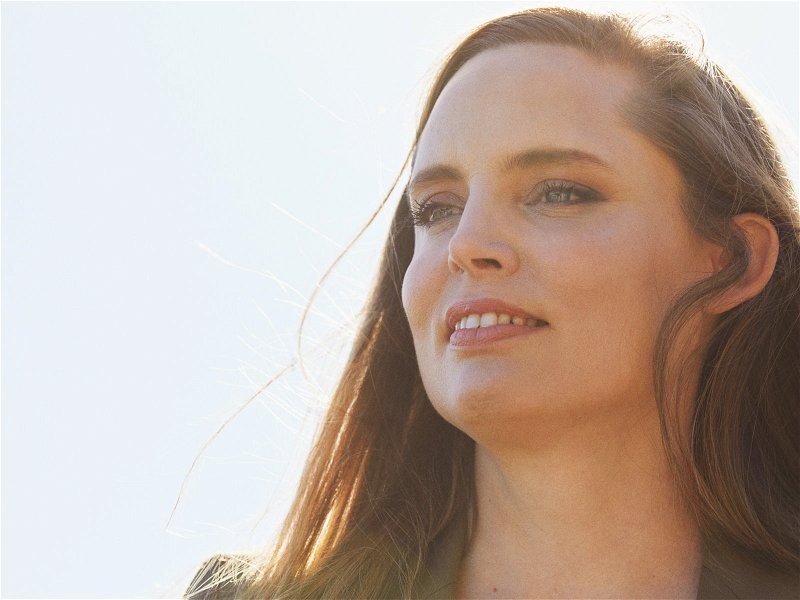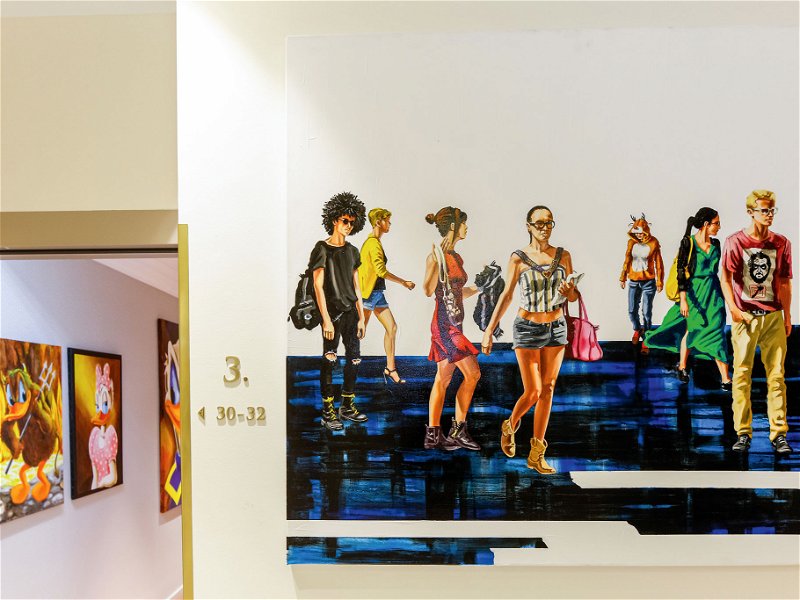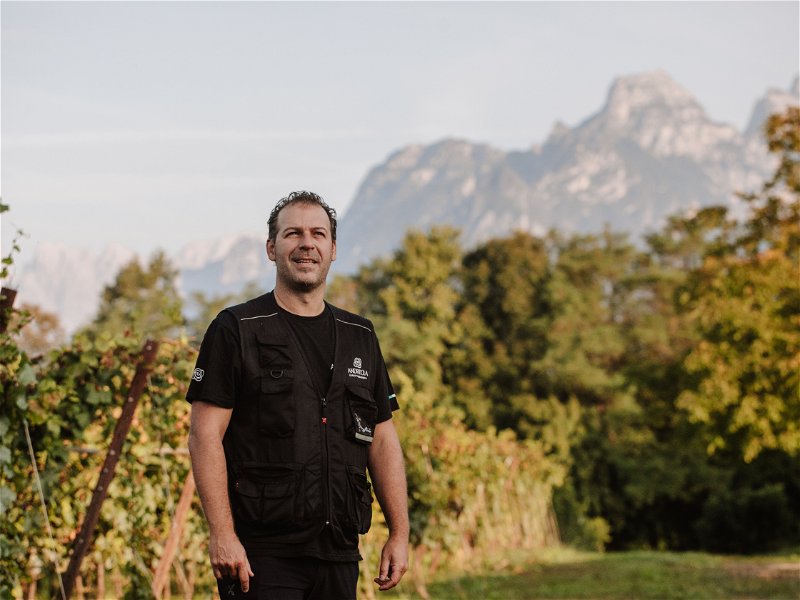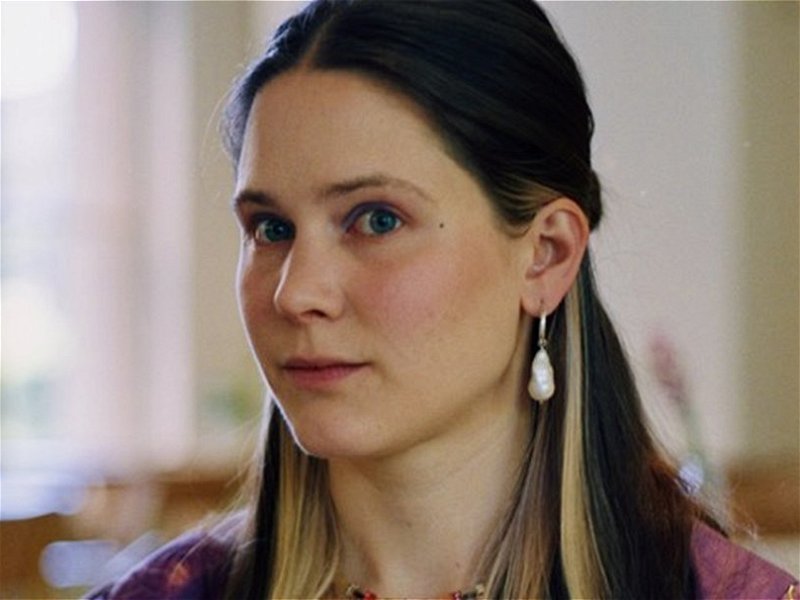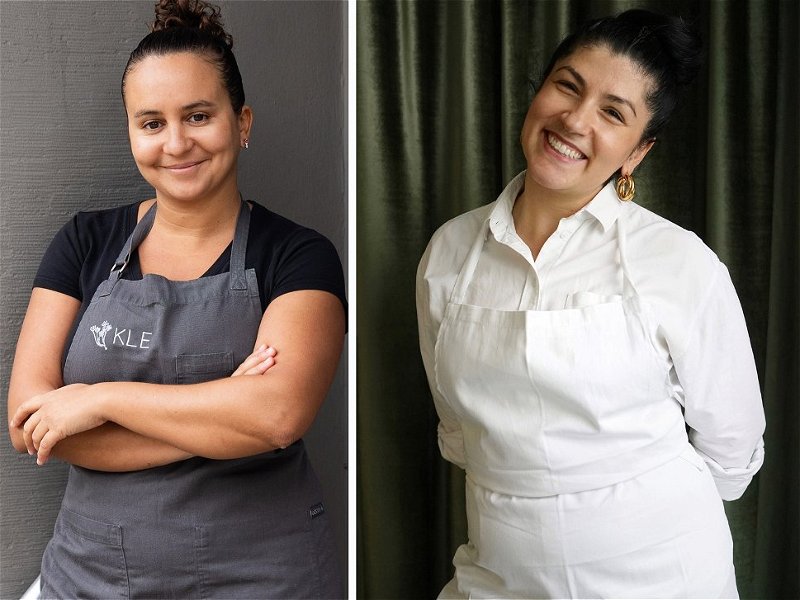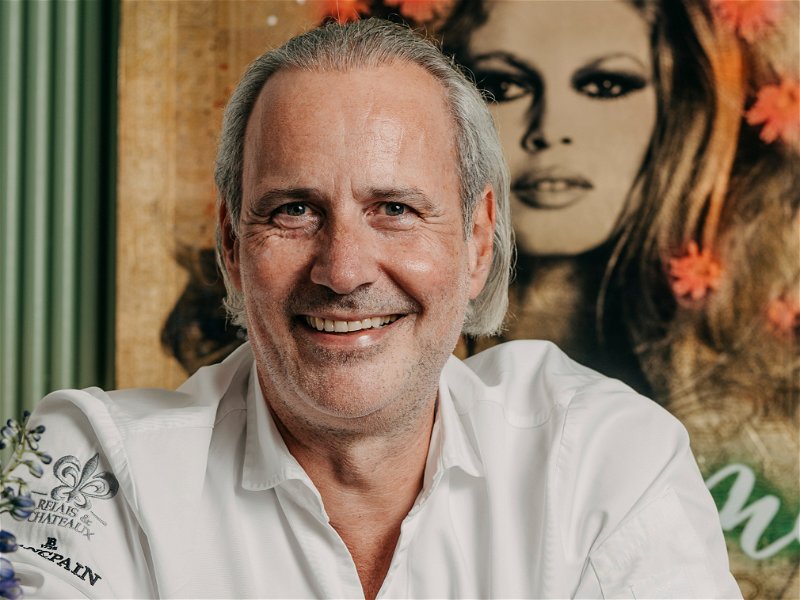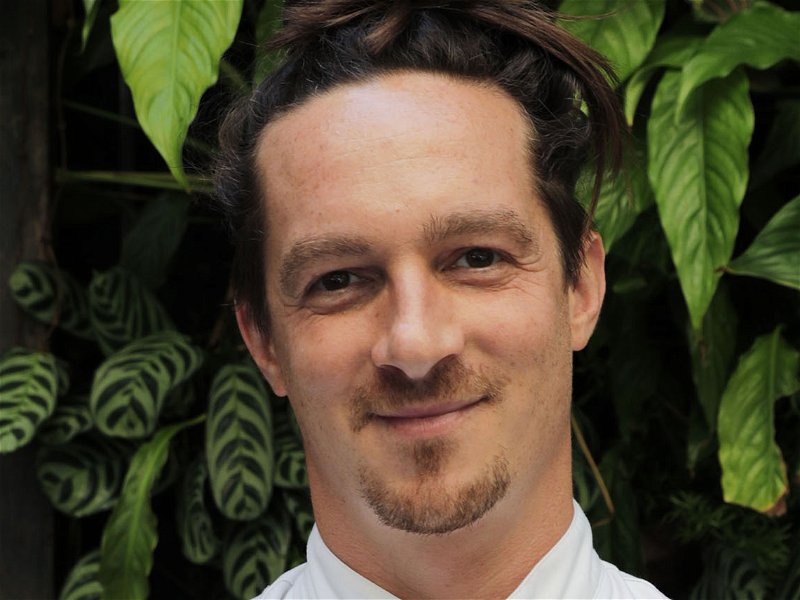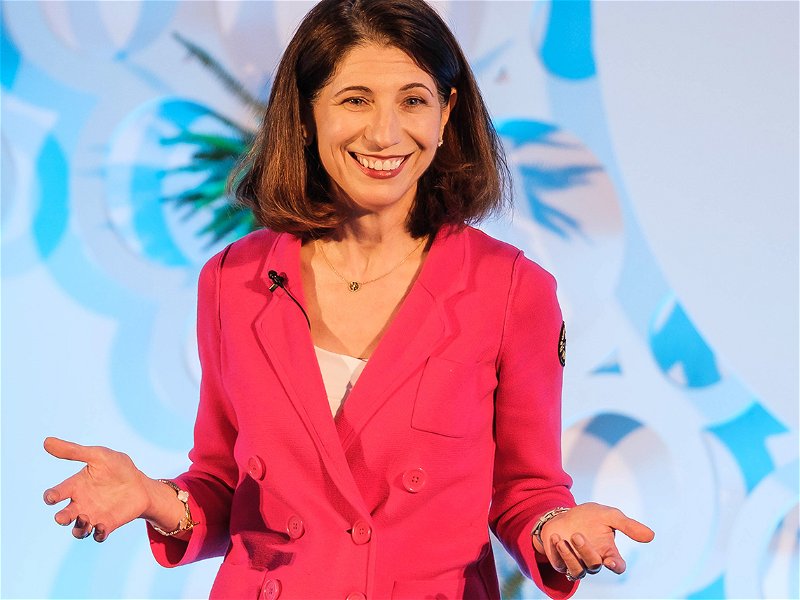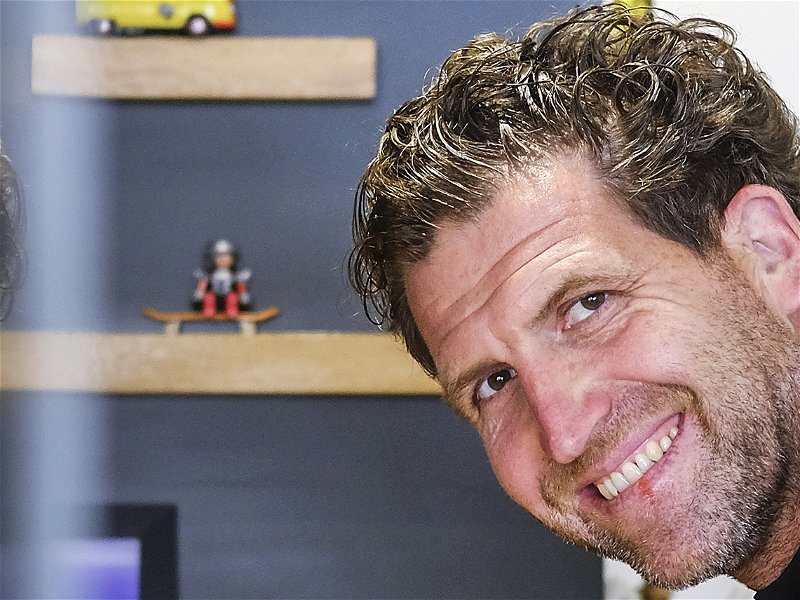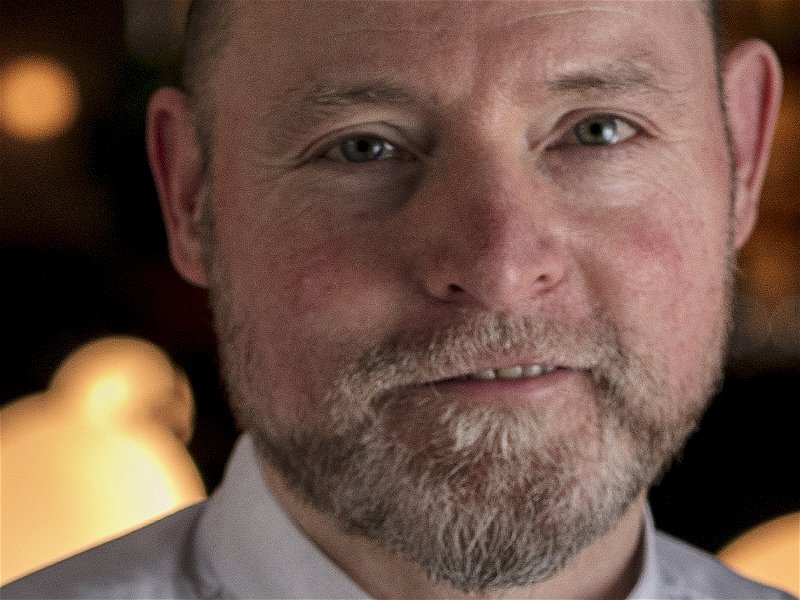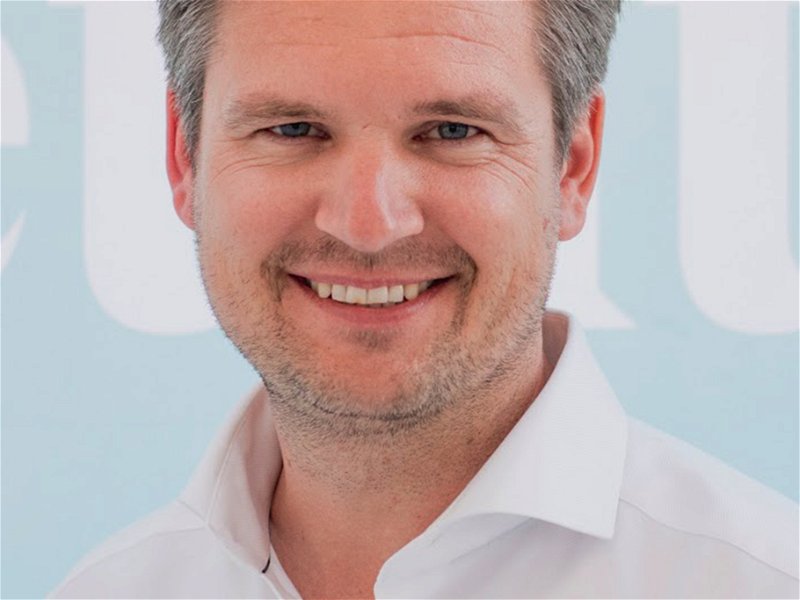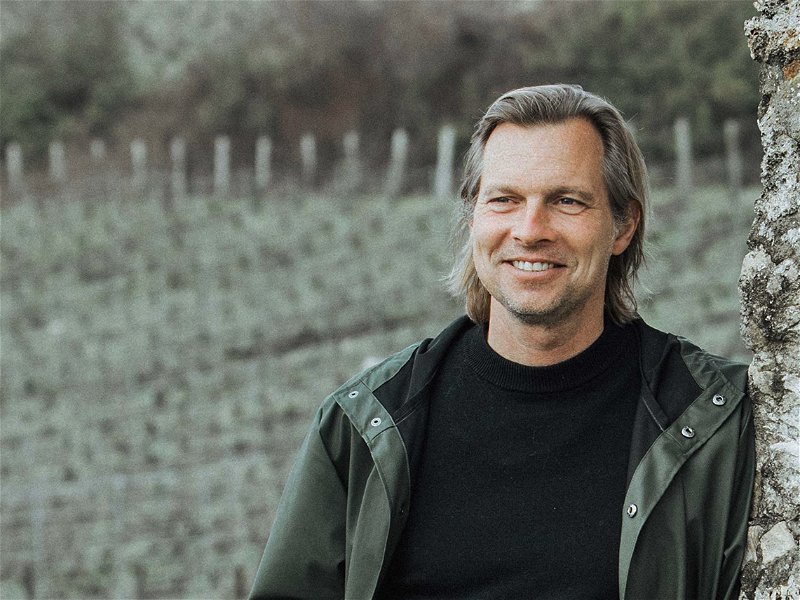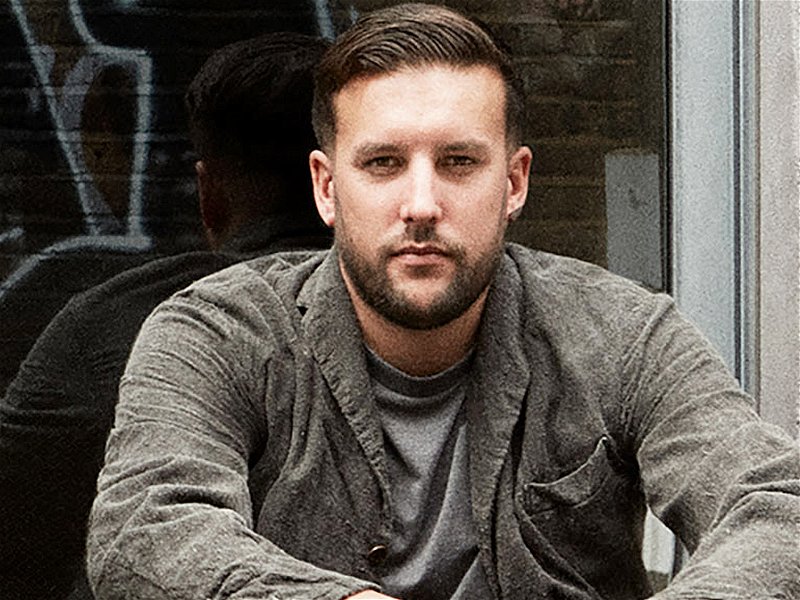Gérard Bertrand: The Future Belongs to Biodynamic Viticulture
Gérard Bertrand from Languedoc is one of the most important winemakers in the world. Falstaff spoke with the biodynamic pioneer about the future of viticulture.
Gérard Bertrand is one of the great visionaries of the wine world. At the age of 22, he took over his father's vineyard Château de Villemajou and over the past several decades has developed into one of the most important winemakers in France. He has used biodynamic methods in his 16 vineyards in the south of France for many years. Falstaff recently had the opportunity to talk to the star winemaker.
Falstaff: Mr Bertrand, before you took off in the wine world, you were a professional rugby player. How did this time influence your path in the wine industry?
Gérard Bertrand: Rugby was my passion for about twenty years. I was not only active as a player, but also president of RC Narbonne for some time. Rugby was a school of life for me and made me who I am today. This sport is about friendship, humility and passion, about turning your fears into courage. Rugby has taught me important life lessons. To always look forward and to start new projects.
Let's look into the future of the wine world. What might it look like?
Currently we are at a turning point. We need to take care of the earth and bring about change. Biodiversity has declined by about 40% in the last forty years and this process must be stopped if we want to save the planet. Viticulture must be the driving force of this change.
In your opinion, what does this change have to look like in concrete terms?
We need to increase biodiversity and soil life. The microorganisms that are found in the soil. Organic farming is a crucial factor here. A study by the French INRA Institute (National Institute for Agronomic Research) has shown that the number of microorganisms is significantly higher in organically farmed land. It is highest when working biodynamically. By increasing the organic matter in the soil, the carbon footprint decreases and this is key for future generations.
On your 16 vineyards in the south of France, you have been working biodynamically for many years. In your experience, how does biodynamic cultivation influence wine quality?
After about three or four years, you can feel a change in the wines. If you do without potassium fertiliser and all other synthetic chemicals, the PH value in the soil drops, the acidity in the wine rises and the wines become fresher and more lively. With today's oenological methods, excellent wines can of course also be made using conventional cultivation. But if you want to go beyond that, to make the terroir and the place perceptible, you have to reduce the use of synthetic chemicals. That is my opinion. The future belongs to biodynamic viticulture.
Does the wine world now share this opinion?
Not yet. But there are more and more wineries that work biodynamically. I am convinced that in twenty years half of all wines worldwide will be produced at least according to organic guidelines. That would be a big, decisive change.
Your premium wines have recently become available in Switzerland exclusively at Schuler. Kosmos is the 2022 red wine of the year. What is this wine all about?
Yes, I have been friends with Nikolas von Haugwitz, the CEO of Schuler, for decades. So it was only natural to support him in the premium offensive he has initiated there. Kosmos is a wine that embodies the spirit of the South of France. It combines the most important grape varieties of the region: Grenache, Syrah, Mourvedre and Carignan. Kosmos is a wine for every day without lacking in profundity. The name refers to the importance of the planets for us humans.
